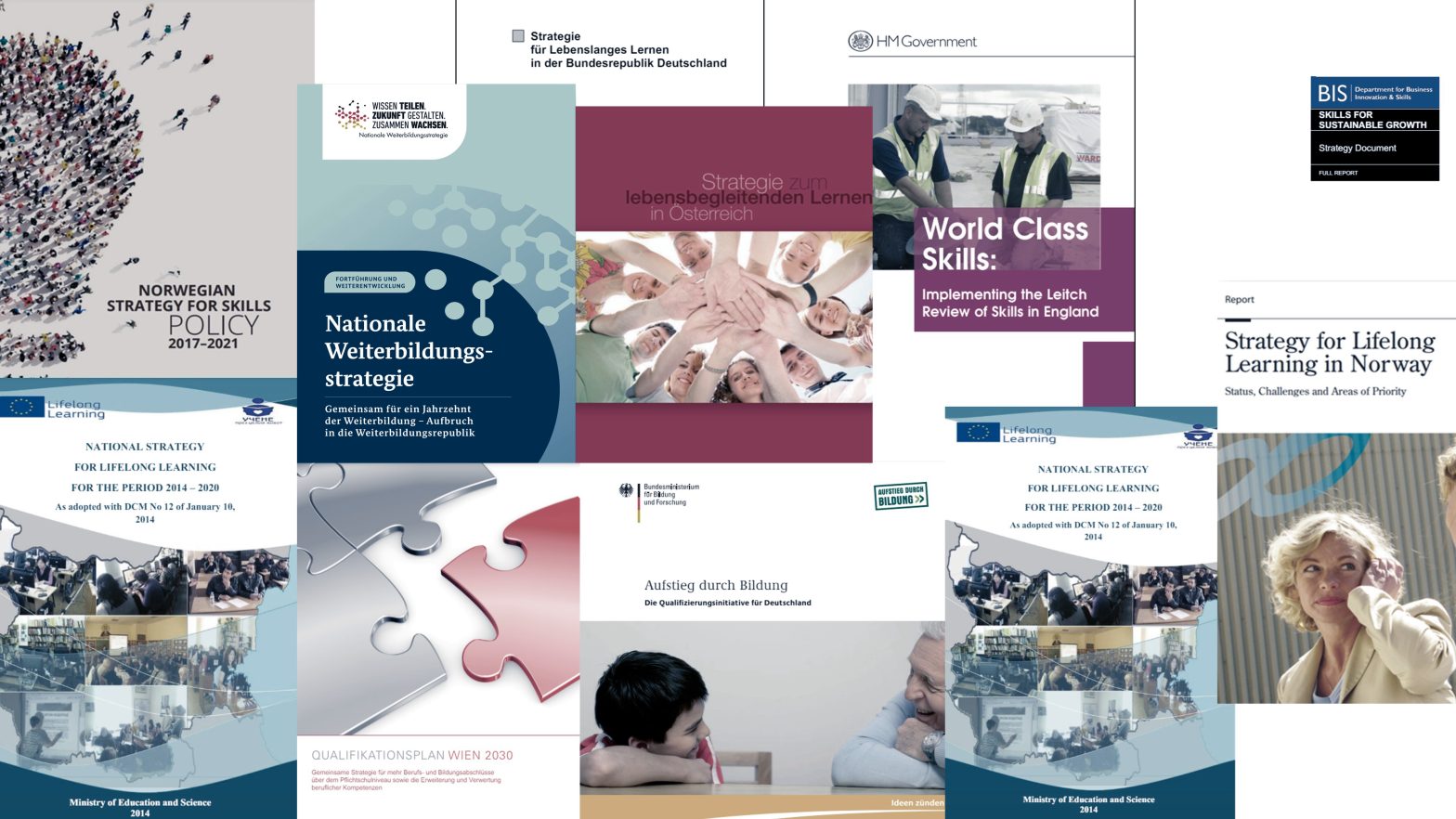The Role of Skills Strategies in Driving Economic and Societal Progress
In the comparative part of Work Package 2 of the Skills2Capabilities project, the deliverable report by Daniel Unterweger und Eva Steinheimer sheds light on the role of national skills strategies in fostering economic growth, societal well-being, and addressing global challenges such as digitalisation and the green transition. The report, which analysed strategic policy documents from Austria, Bulgaria, England (UK), Germany, and Norway, provides valuable insights into the effectiveness of these strategies and the obstacles they face.
The research highlights that skills strategies, designed to align workforce capabilities with future economic and social needs, are increasingly central to national policy agendas. These strategies serve as blueprints for improving education systems, enhancing workforce skills, and coordinating stakeholder efforts. However, the study finds that while such strategies can support gradual institutional improvements, they are less likely to drive disruptive, large-scale change.
Drawing on case studies from the five countries, the report underscores the importance of stakeholder engagement and adaptability. Conversely, the analysis found that fragmented or overly rigid strategies were less effective in addressing emerging challenges, such as the rapid pace of technological change.
The Working Paper can be downloaded here.
Link to the Skill2Capabilities project website.

Contact: Daniel Unterweger
Client: Horizon Europe

